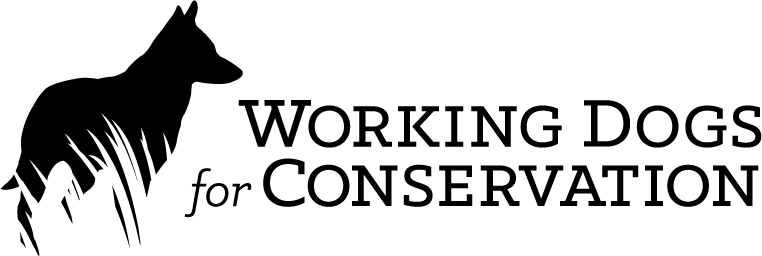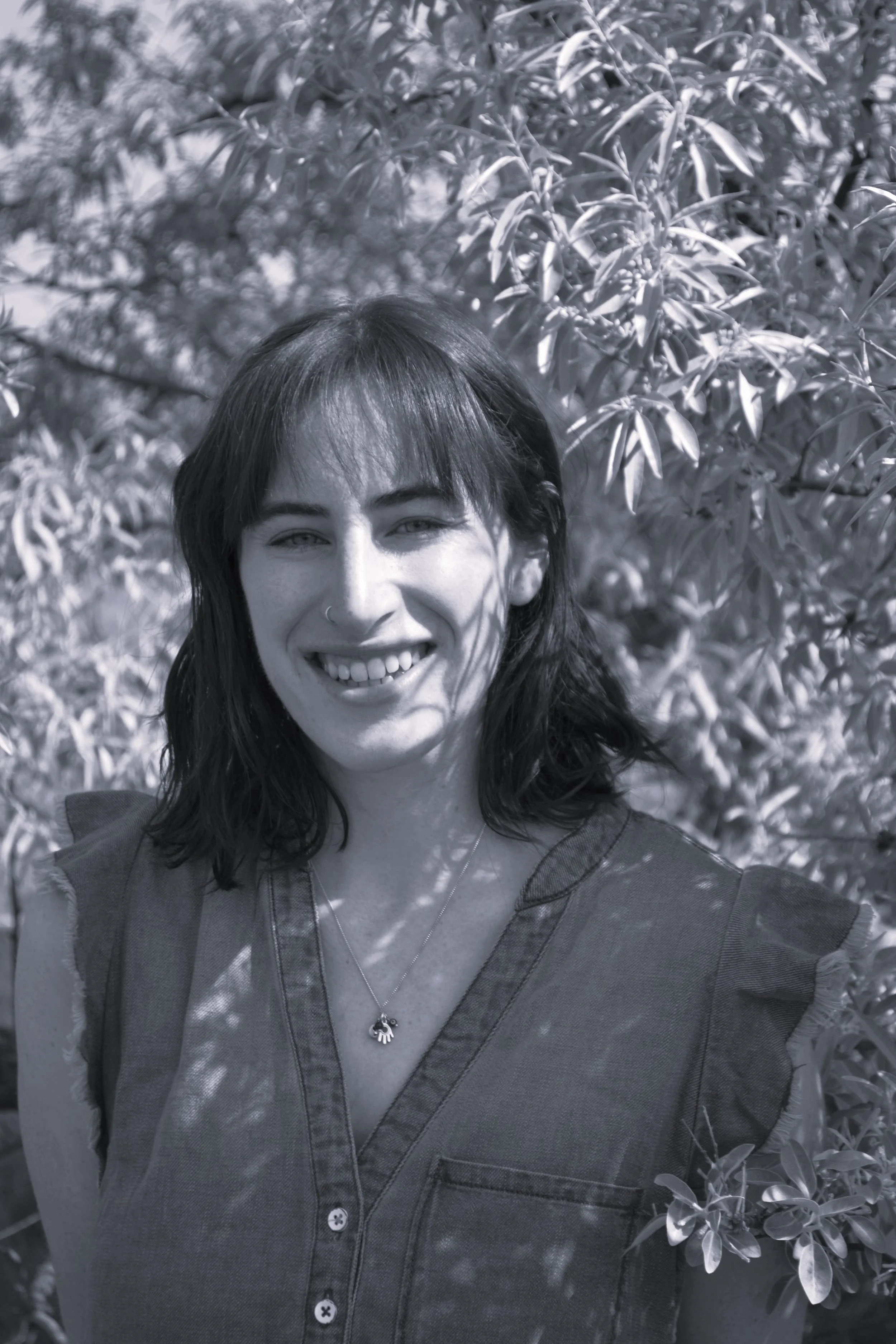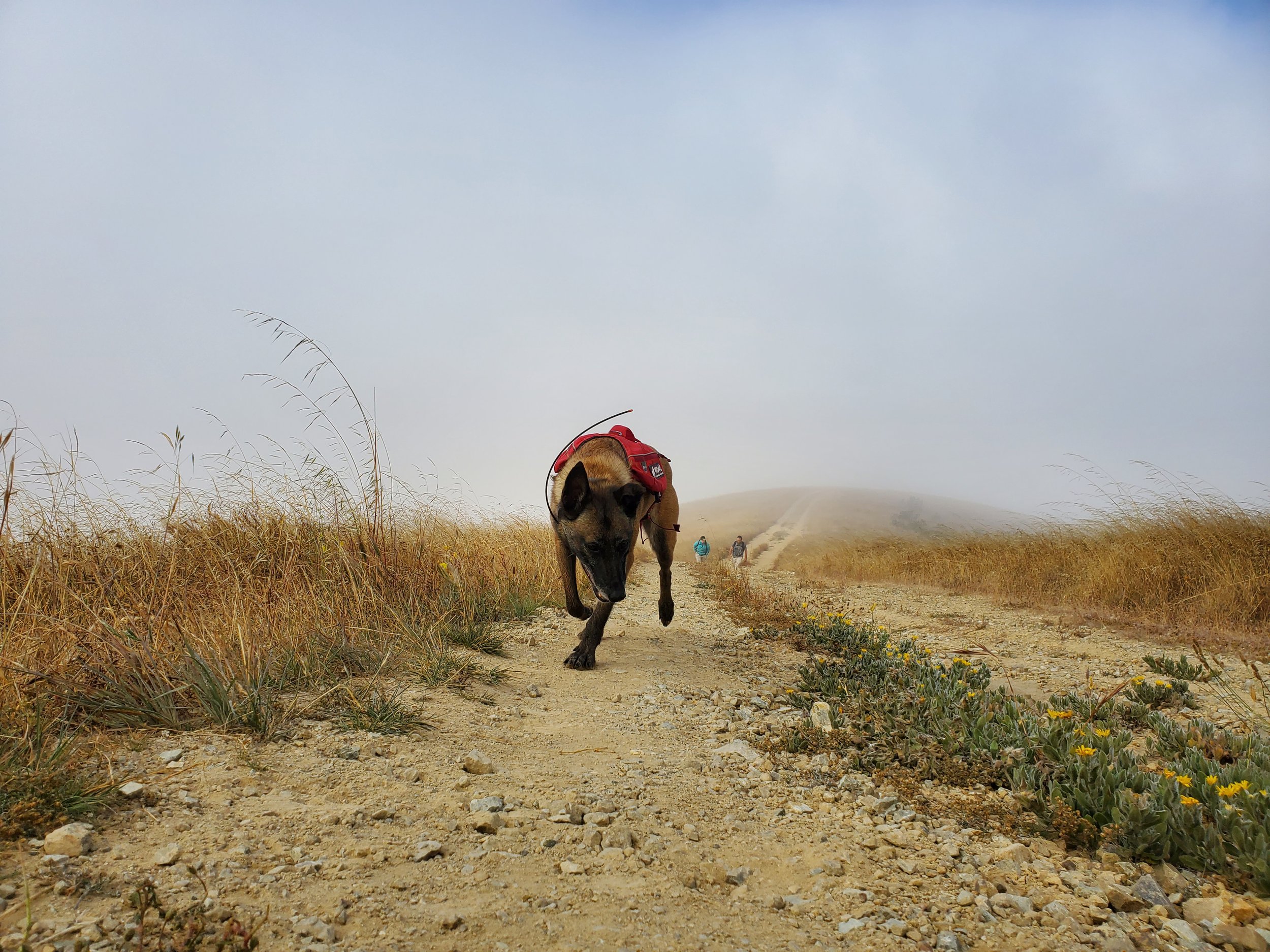
Our Team
MEET THE TEAM
We do this work because our dogs are the most effective, efficient, accurate, and least invasive way to make conservation happen.
-

Breanne Black
Outreach & Development Coordinator
-

Pete Coppolillo, PhD
Executive Director
-

Renae Counter
Canine Field Specialist
-

Jay Crafter
Director of Law Enforcement
-

Aimee Hurt
Co-Founder & Director of Special Projects
-
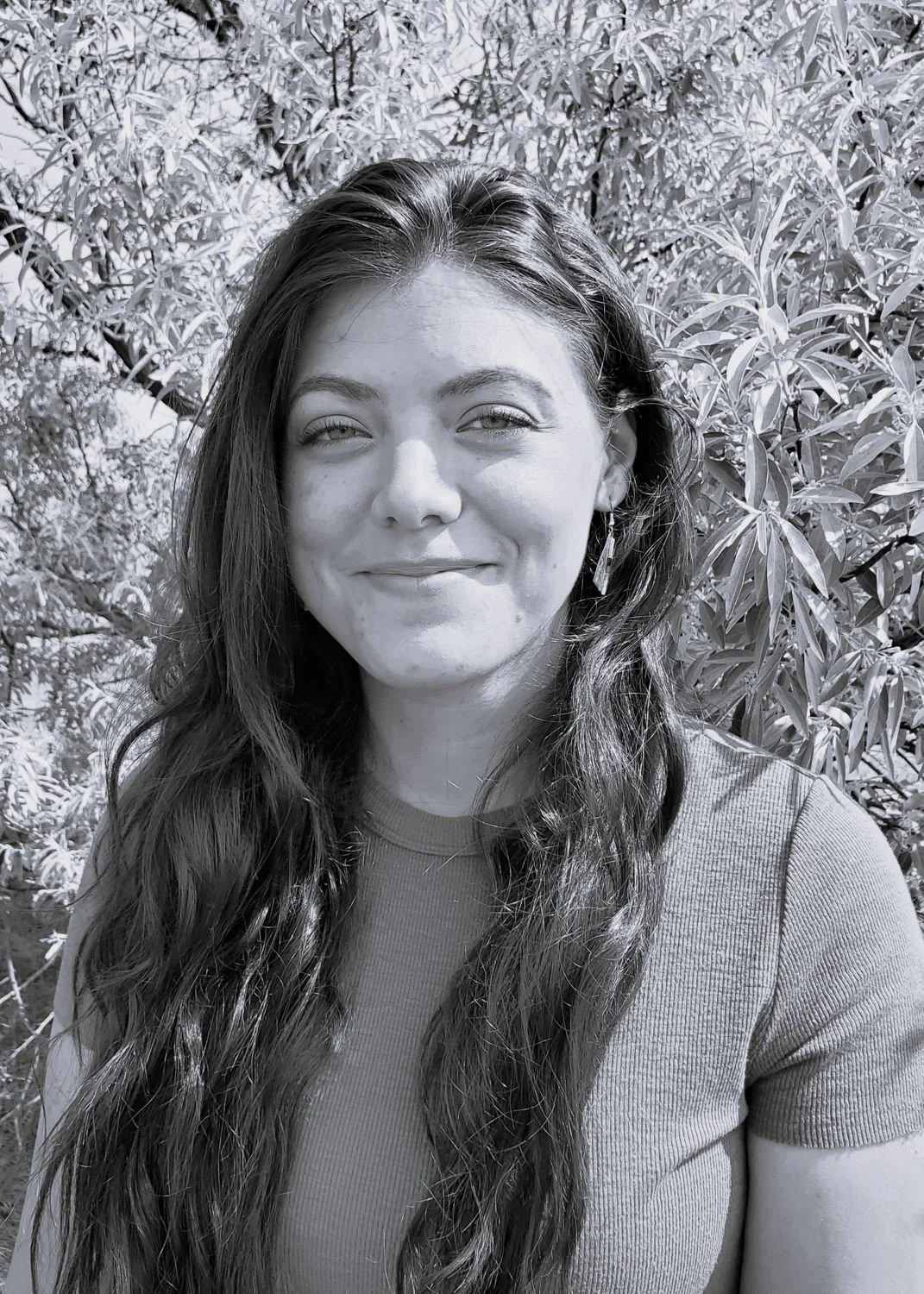
Michele Lovara
Canine Field Specialist
-

Skye Murphy
Director of Operations
-

Amanda Ott
Canine Team Training Coordinator
-

Victoria Probe
Senior Canine Caretaker
-
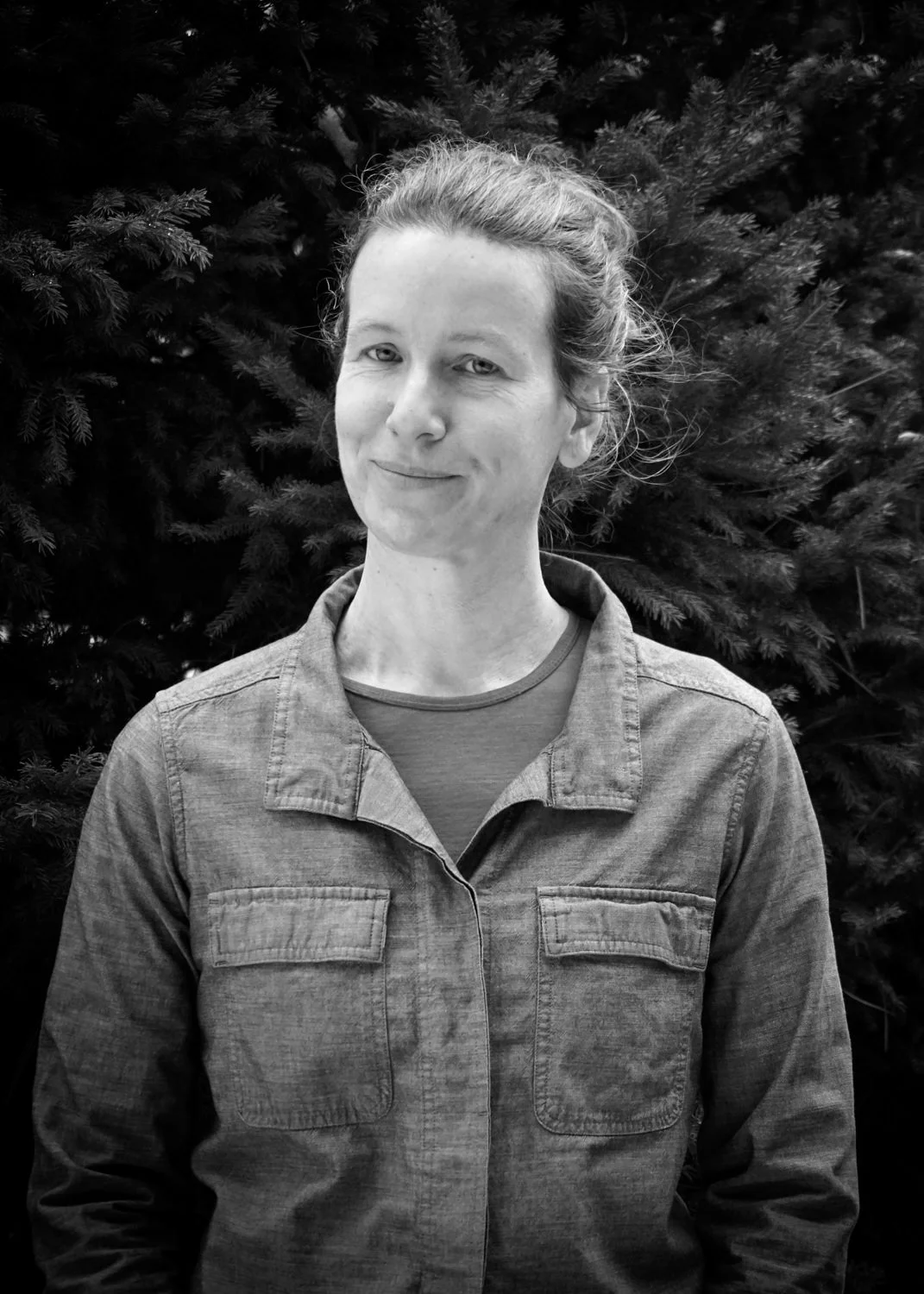
Ngaio Richards, PhD
Forensics & Field Specialist
-

Crystal Sharlow-Schaefer
Director of Development
-
Paige Smith
Canine Field Specialist
-
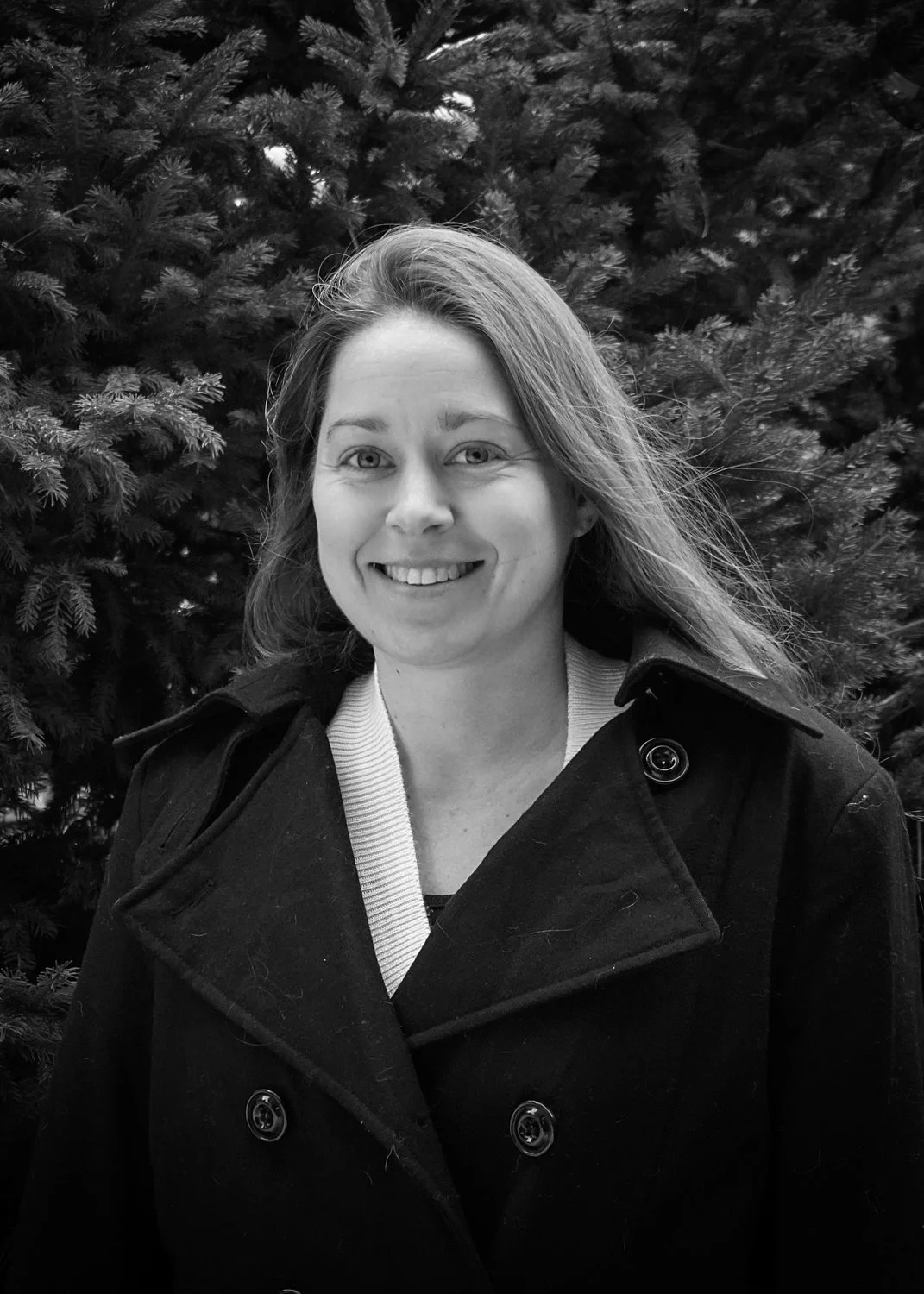
Melissa Steen
Canine Field Specialist
-

Eric Van Pelt
Facility Manager
-
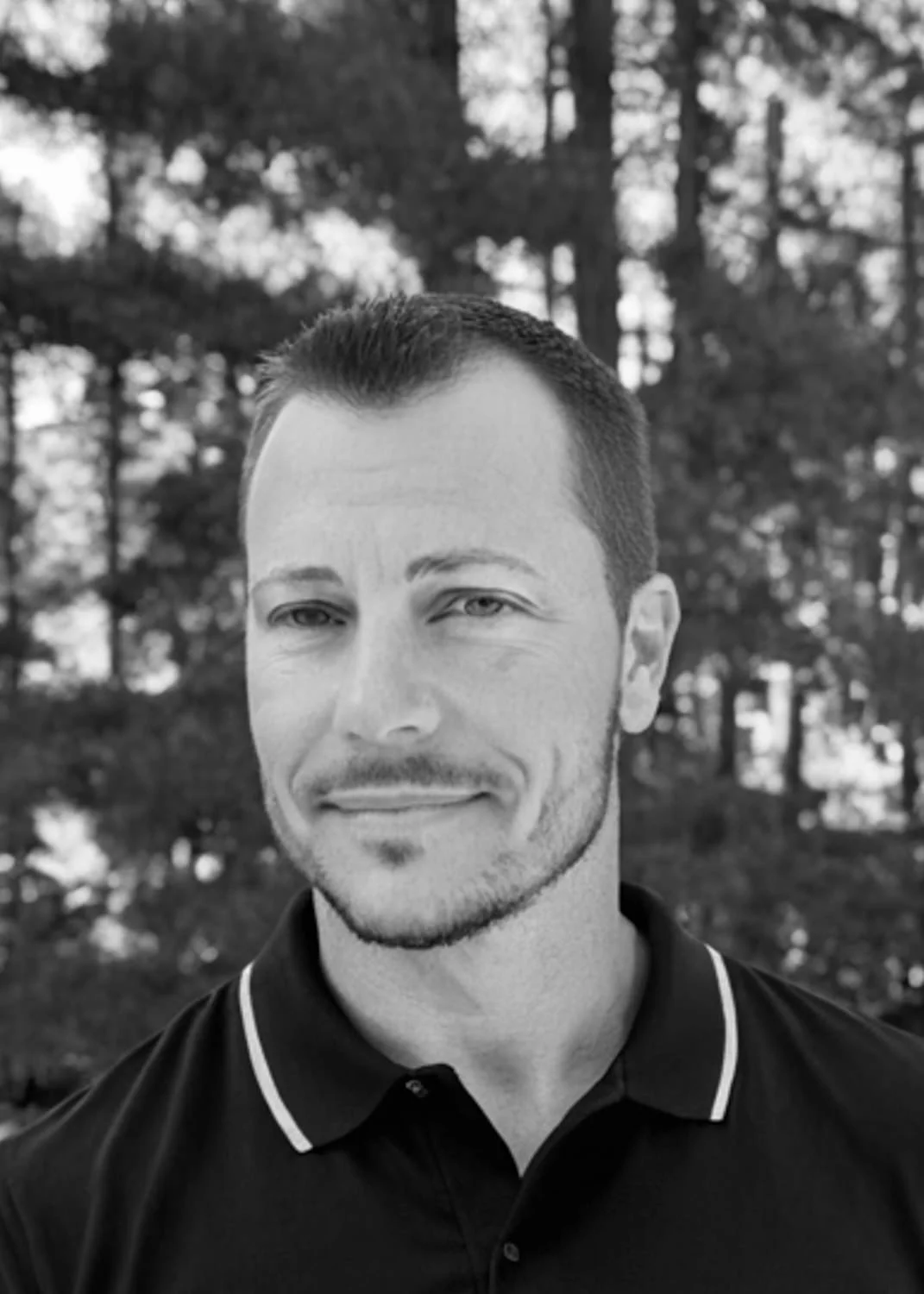
Mark Vick
Assistant Director of Programs
-

Ellie Warga
Canine Care Manager
-

Alice Whitelaw
Co-Founder & Director of Programs
-
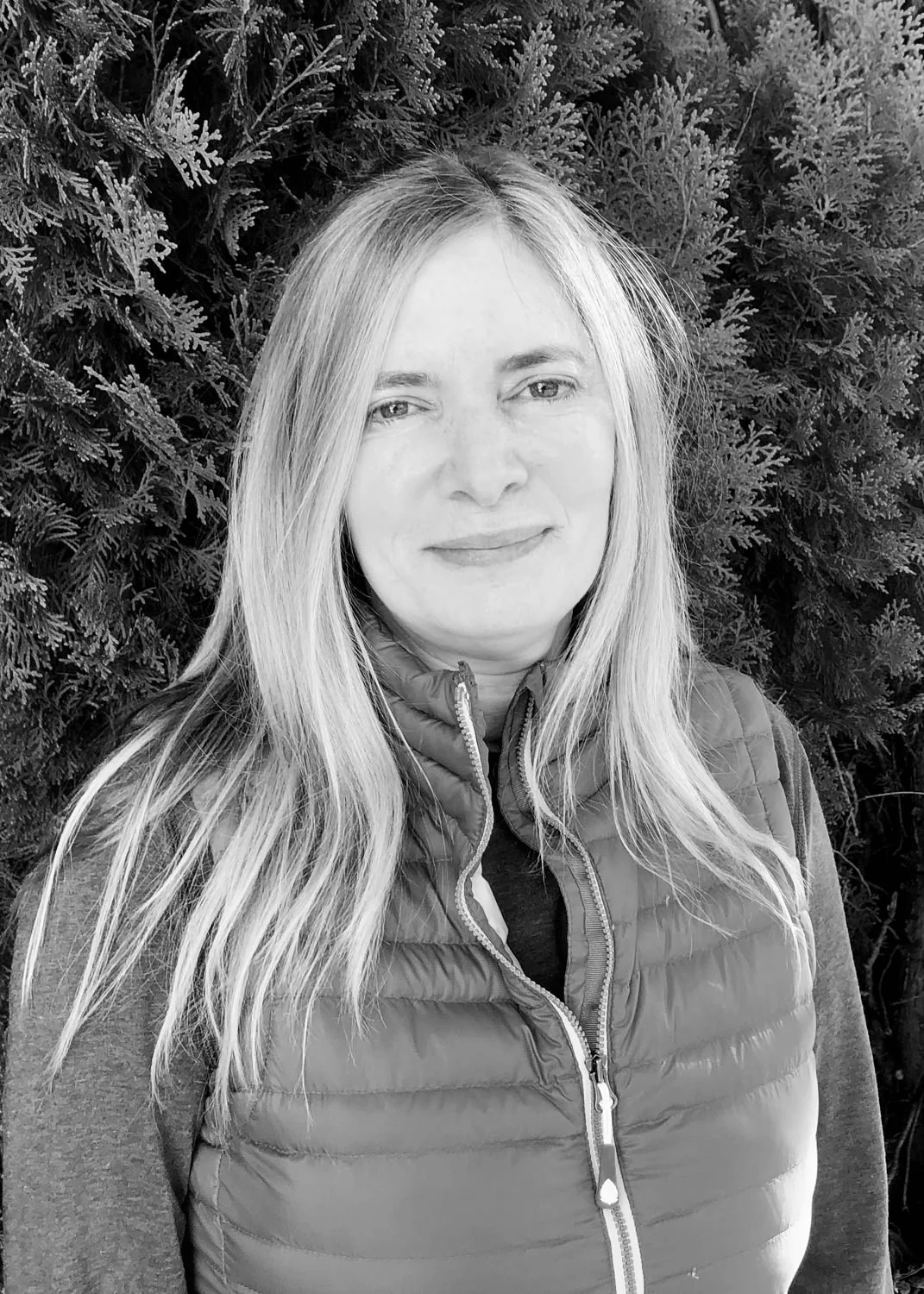
Deborah Woollett, PhD
Co-Founder & Director of Field Operations
-
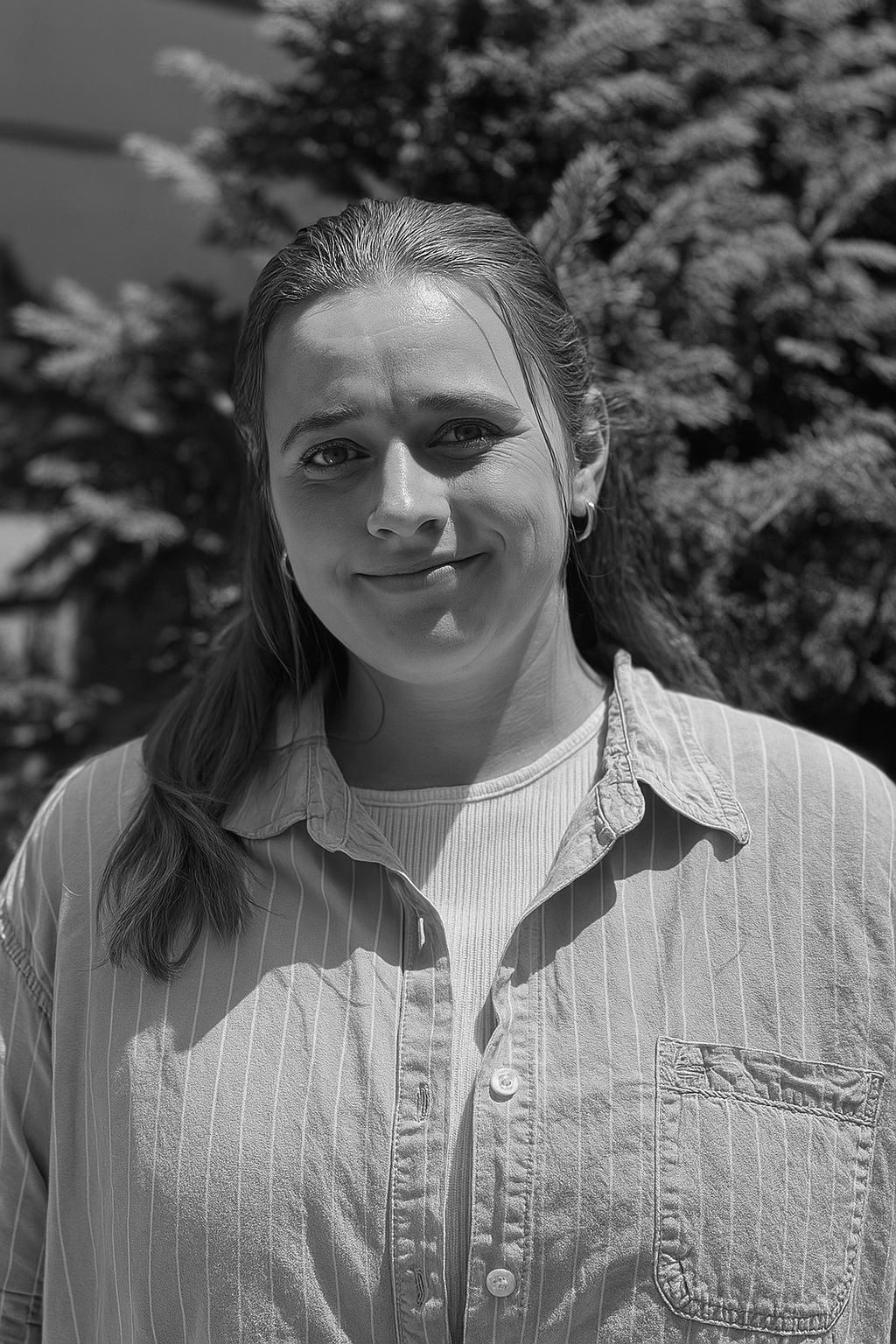
Allison Wujek
Canine Care Specialist
